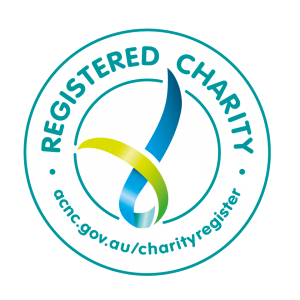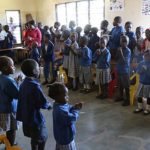Small Beginnings
This project was launched in 2009 when Joyce Chimbila started working in Old Mushili with a feeding project for disadvantaged children and orphans. This then grew into a preschool to prepare the children to enter government schools. However, when these children were rejected by those schools (primarily because they were too old) Joyce started a Grade 1 school.
In 2022 we celebrated the admission of three of our original students to Northrise University with a fourth accepted into the Ndola Skills Training Centre to study Hotel Management & General Hospitality.
Two more students are expected to be accepted in 2023 with the original four progressing into their second year.
There is a four-hectare block in Kaloko where food and income-generating activities are run. These currently are a piggery, cattle and concrete brick production. Income is also generated by the sale of excess food production.
This project aims:
- to break the cycle of poverty, violence, and neglect amongst the poorest children and orphans in and around the city of Ndola.
- to sponsor free high-quality Education to as many children as possible and raise them out of poverty. From facilities beginning with Kindergartens to the end of Primary School. Then provide Scholarships for High School, Vocational, Tertiary and Higher Education.
- to provide nutrition, education, support, shelter, and medical care.
- to offer safe accommodation for the children who suffer from physical, sexual, and psychological abuse and/or neglect. and in addition
- to sponsor social assistance and support, provided by Joyce and the Counsellor, for the single parents, grandparents/carers, and families of the children in crisis.
- to empower parents and carers by providing simple business and entrepreneurship training.
The Future
A 4-hectare farm block has been bought nearby at Kaloko where food is grown, pigs and cattle provide protein for developing minds and bodies and aid self-sufficiency.
This block has become the main campus with new classrooms and the sporting facilities.
A dining hall is being completed.
What is Needed Now
- To build Crisis Accommodation;
- Sponsorships for the graduates entering Tertiary or vocational training;
- Increased monthly donations to cover increased costs associated with larger classes.
Please join us in making it happen by donating using the “Donate to this Project” button in the right sidebar. Thank you.
All gifts are tax deductible and will benefit this project in their entirety except for bank fees.


